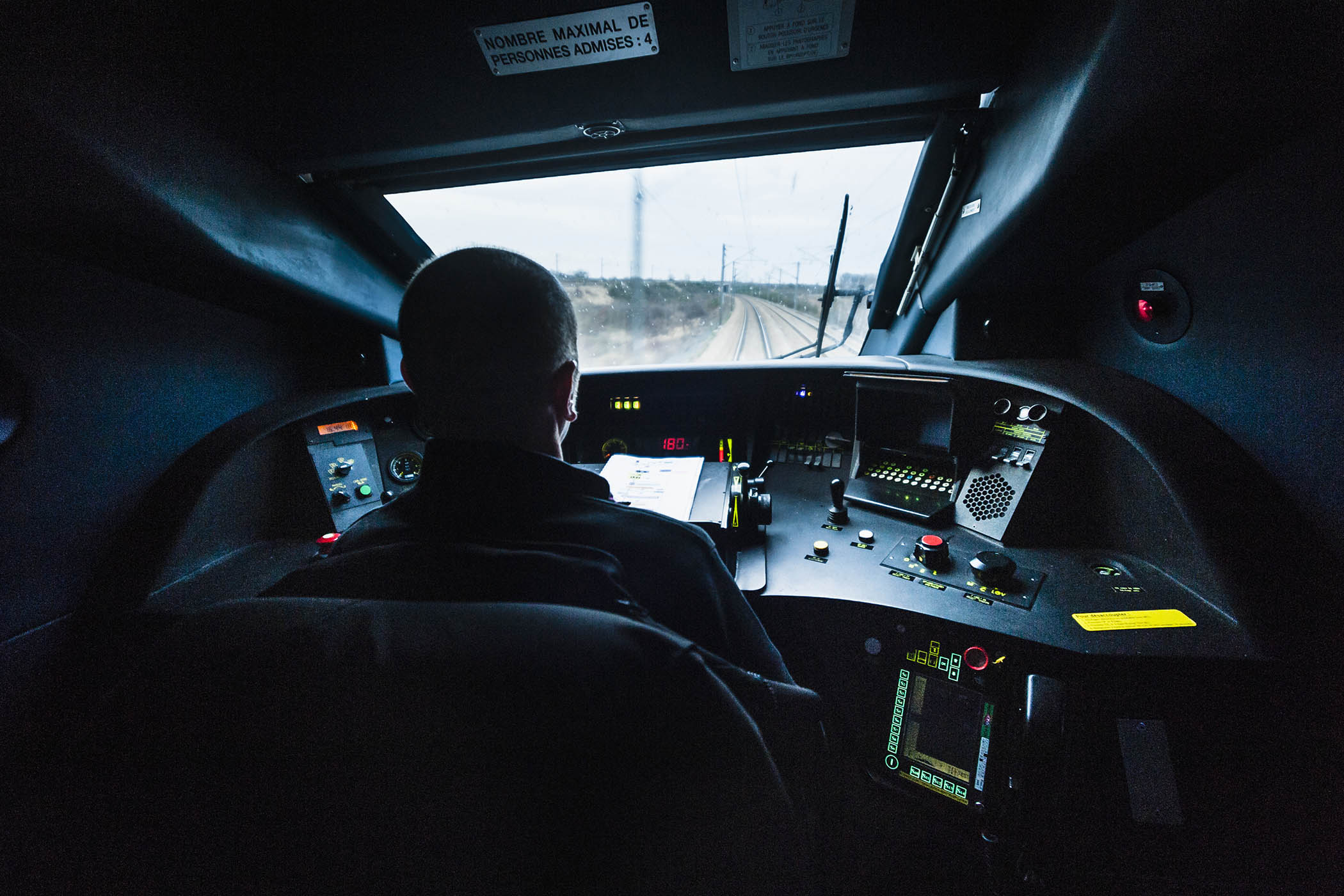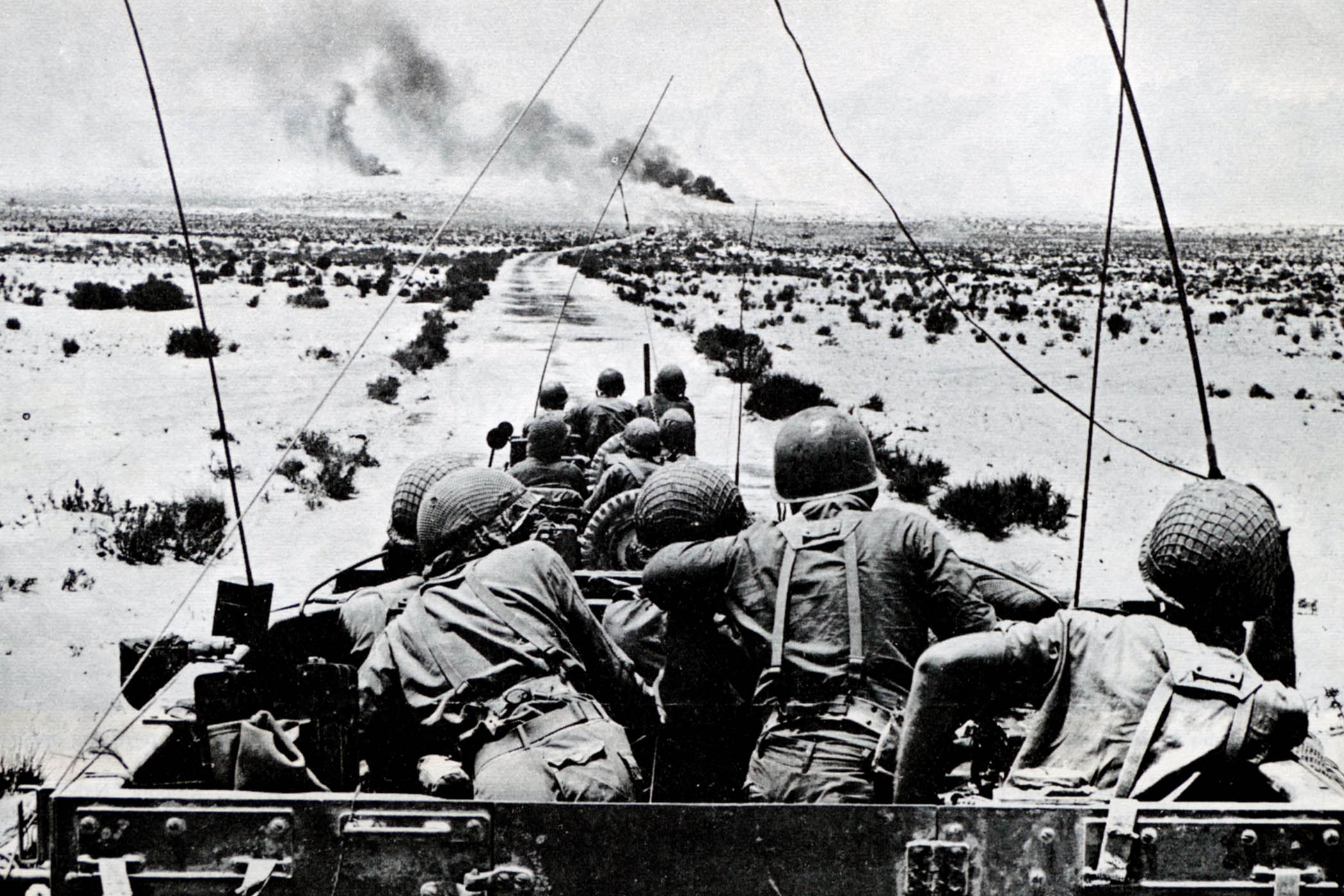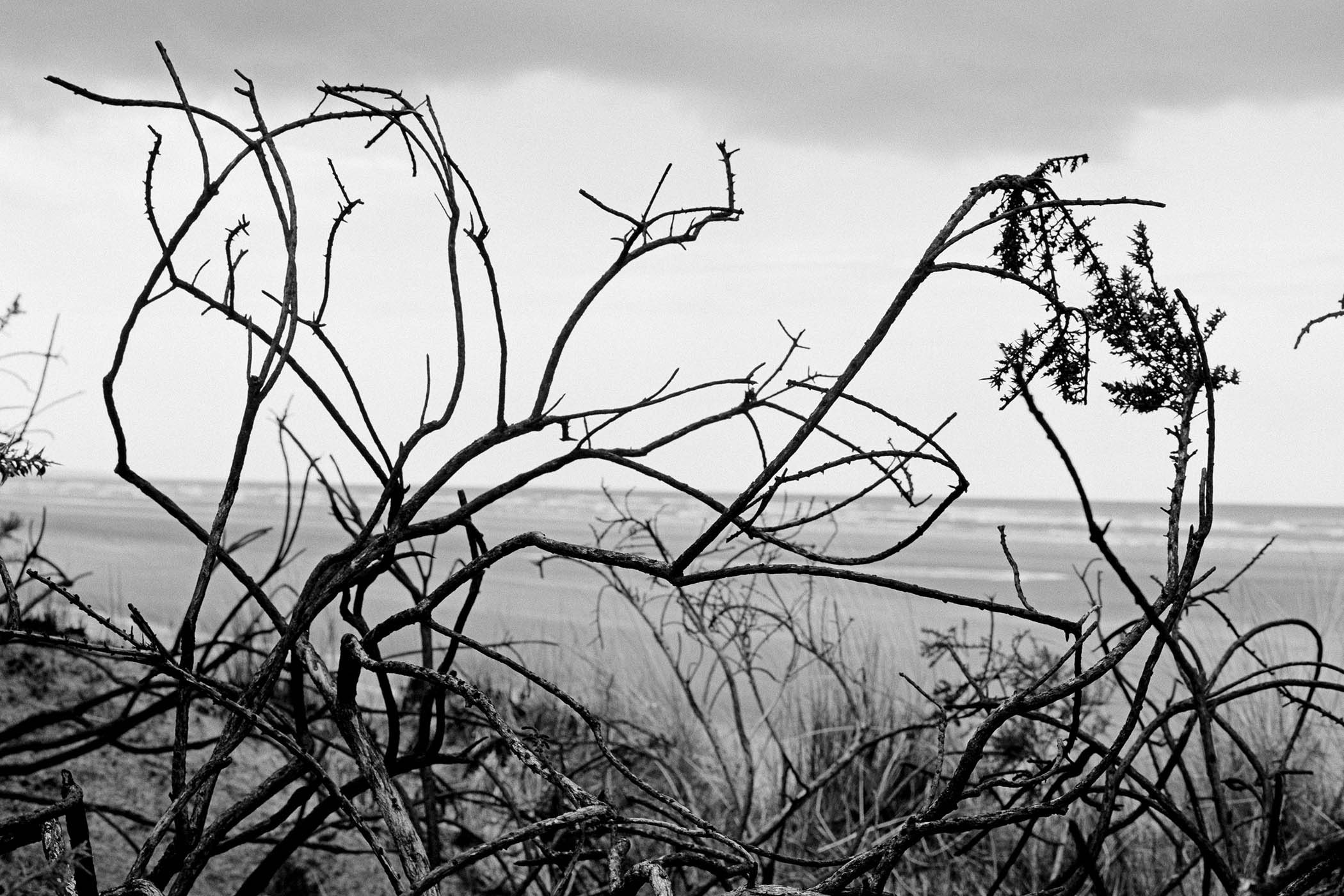“I’m only sure of one thing,” Mattia Filice writes in his verse novel Driver: “Never will I ever write about my job.” Filice clearly changed his mind in spectacular fashion, producing a debut novel (translated from the French by Jacques Houis) almost entirely about the two decades he has spent driving trains on the French railway network.
Driver is mostly written in free verse and Filice’s style establishes immediate momentum, plunging us into technical language: “A new salvo I sidestep / I set the traction interrupter to zero then verify / the power controller pictogram display and watch the signal / until it has been cleared / then when the closed repetition signal lamp blinks / I confirm.” The rhythm of the railway has been exploited by poets before – in WH Auden’s Night Mail and Philip Larkin’s The Whitsun Weddings, to name just two – but here its terminology also permeates the narrator’s consciousness, as when he describes a soft-spoken boss as sounding “like a leak in the brake distributor”.
Filice blends diverse cultural reference points, quoting the St John Passion and Dante at one moment, Kendrick Lamar the next. His style, too, combines modernist techniques – arcane, unexplained jargon; a cavalcade of voices and events – and the clipped tone of a hardboiled detective novel. Via these registers, he moves from anecdotes that drivers share on their downtime, such as describing the “BAM BAM BAM BAM” of starlings against a windscreen when they fly across the tracks at the wrong time (“Good hunting,” his instructor drily notes), to the more fundamental concerns of the “famous question” everyone wants to ask: have you ever killed anyone? The narrator hasn’t, but as Filice writes: “It is said that every Driver will experience a personal accident during their career.”
Driver conveys both a monotony and a relentless hurry – the need always to be somewhere else, and not a second late
Driver conveys both a monotony and a relentless hurry – the need always to be somewhere else, and not a second late
The novel is a remarkable achievement of tone, acknowledging the crap aspects of the work – the early mornings and late nights; the drab, harshly lit staff lounges in which bad meals are wolfed ahead of the next departure – as well as its nobility, such as when a veteran driver teaches the narrator how to brake without causing a single tremor in a cup of coffee on the console: “Thinking in particular about the people sleeping / on the first trains of the morning / You must not wake the people behind us, who worked through the night.” Reinforcing this aspect of the book are the titles of the novel’s three parts, which present the driver as a knight errant (eg “The Knight Posted at the Good Crossing”). It’s an intriguing analogy, one that could have borne more exploration.
An aspect left deliberately unexplored is the narrator’s life outside the cab. He mentions a visit to his Italian grandmother in Naples, but we don’t get to accompany him on the trip. Later in his career, he says he has taken up hiking. “In the visual expanse of the Sentier des Douaniers, along the Breton coast, I find a space to counterbalance the density of stations and platforms.” Aside from this glimpse, our experience of his world is limited to his cab, the residences where drivers sleep when their schedule takes them away from home, and various staffrooms and training centres. He participates in strikes; his friends get promoted, marry, fall ill. His co-workers begin to reference the novel he’s working on, the novel we hold in our hands.
Driver is one of a relatively small corpus of books in which the main character doesn’t just have a job, but that job is the main focus. The terseness of the language and its irregular rhythms convey both a monotony and a relentless hurry – the need always to be somewhere else, and not a second late. In the nuanced world of Filice’s book, work is often resented but can also satisfy. And, at times, as when the driver allows schoolchildren to join him in the cab, three by three, and make the announcements, it can bring pure joy.
Driver by Mattia Filice, translated by Jacques Houis, is published by New York Review Books (£16.99). Order a copy from The Observer Shop for £15.29. Delivery charges may apply
Editor’s note: our recommendations are chosen independently by our journalists. The Observer may earn a small commission if a reader clicks a link and purchases a recommended product. This revenue helps support Observer journalism
Related articles:
Photography by Getty Images
Newsletters
Choose the newsletters you want to receive
View more
For information about how The Observer protects your data, read our Privacy Policy



